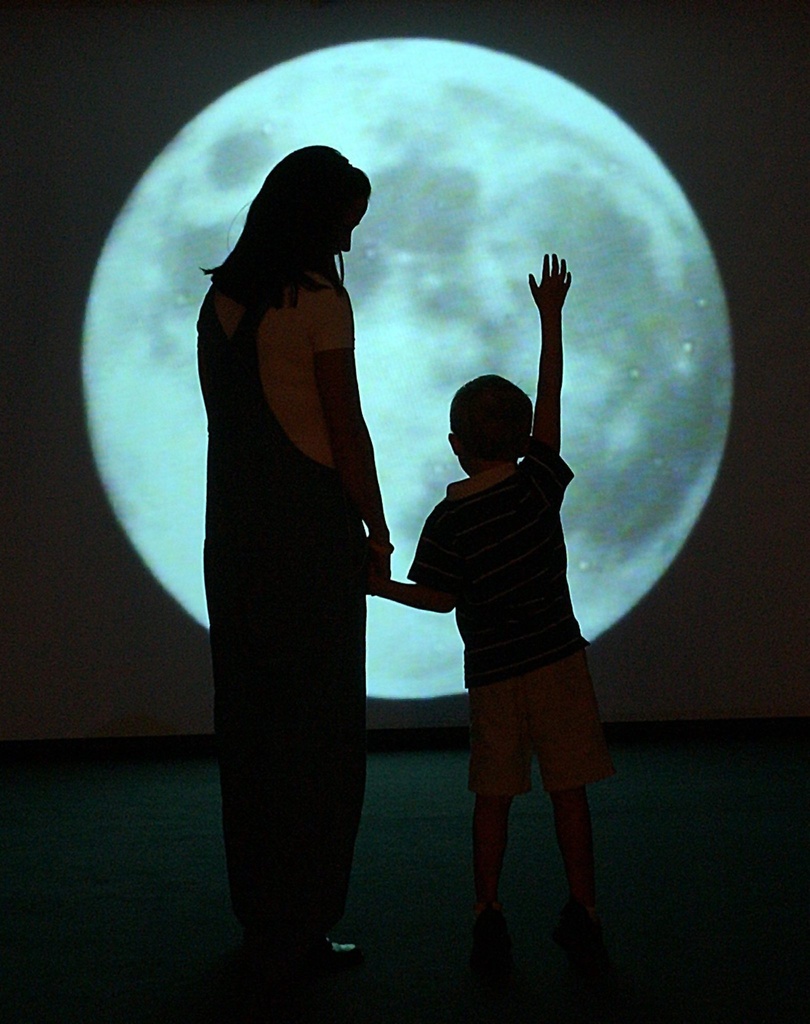World’s largest telescope eyes Swiss funding

Switzerland is contributing around SFr65 million ($70.2 million) towards the European Extremely Large Telescope (E-ELT), the largest optical/near-infrared telescope in the world.
The government on Wednesday gave the green light to paying five per cent of its costs, ensuring Swiss scientists would have access to the telescope, which according to the European Southern Observatory (ESO) will gather 100,000,000 times more light than the human eye.
The revolutionary ground-based telescope will have a 40-metre in diameter main mirror and will be “the world’s biggest eye on the sky”, the ESO added.
The E-ELT will take 11 years to assemble at a total cost of SFr1.3 billion. It will be built on Cerro Armazones, a Chilean mountain at an altitude of 3,060 metres and about 20 kilometres from Cerro Paranal, home of ESO’s Very Large Telescope.
The ESO said the telescope would tackle the “biggest scientific challenges of our time” and aim for a number of notable firsts, including tracking down Earth-like planets around other stars in the habitable zones where life could exist – one of the Holy Grails of modern observational astronomy.
It will also perform “stellar archaeology” in nearby galaxies, as well as make fundamental contributions to cosmology by measuring the properties of the first stars and galaxies and probing the nature of dark matter and dark energy.
The ESO will take the final decision on construction and financing in June.
Created in 1962, ESO is an intergovernmental astronomy research organisation supported by 15 member states, including Switzerland.
The observatory is situated in the Chilean Andes: when it was set up, all other major telescopes were in the northern hemisphere.
It offers state-of-the-art research facilities and access to the southern sky.
It has built and operated some of the most advanced telescopes in the world.
They include the New Technology Telescope (NTT), the Very Large Telescope (VLT) and the European Extremely Large Telescope (E-ELT).

In compliance with the JTI standards
More: SWI swissinfo.ch certified by the Journalism Trust Initiative












You can find an overview of ongoing debates with our journalists here . Please join us!
If you want to start a conversation about a topic raised in this article or want to report factual errors, email us at english@swissinfo.ch.